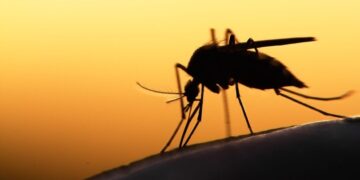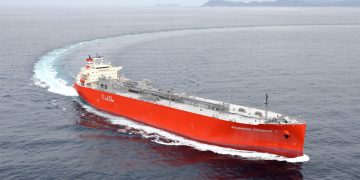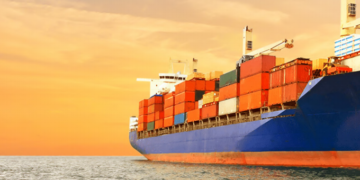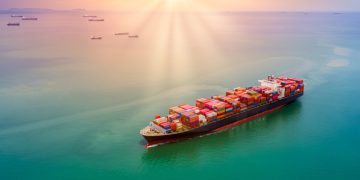Oil Spills Harm Marine Life Long After Cleanup
Toxic substances in the spilled oil can continue to damage marine life for a long time After an oil spill at sea, toxic substances in the spilled oil can continue to damage marine life for a long time, even though the oil appears to be cleaned up, according to a new study by researchers from Norway, the UK, Spain and France.To help define a European strategy for risk assessment of accidental marine pollution, the two-year research project Toxprof examined the impacts of oil discharges along the coasts of Europe. The researchers studied the effects of several types of oil, including common Arabian light crude and oil from the Norwegian Ekofisk field, in addition to the diesel fuel commonly burned by ships."We found that the oil can become more toxic and harmful during the breakdown process," said Toxprof researcher Ketil Hylland, a professor of toxicology at the University of Oslo's Department of Biology.The experiments were carried out at the University of Oslo's marine biological station at Drobak, located on the Oslo Fjord. Seawater was pumped through coarse sand containing oil that was partially broken down by ultraviolet radiation. The oil then floated into aquariums containing cod, mussels or spotted goby.In this ...
Read more




















































